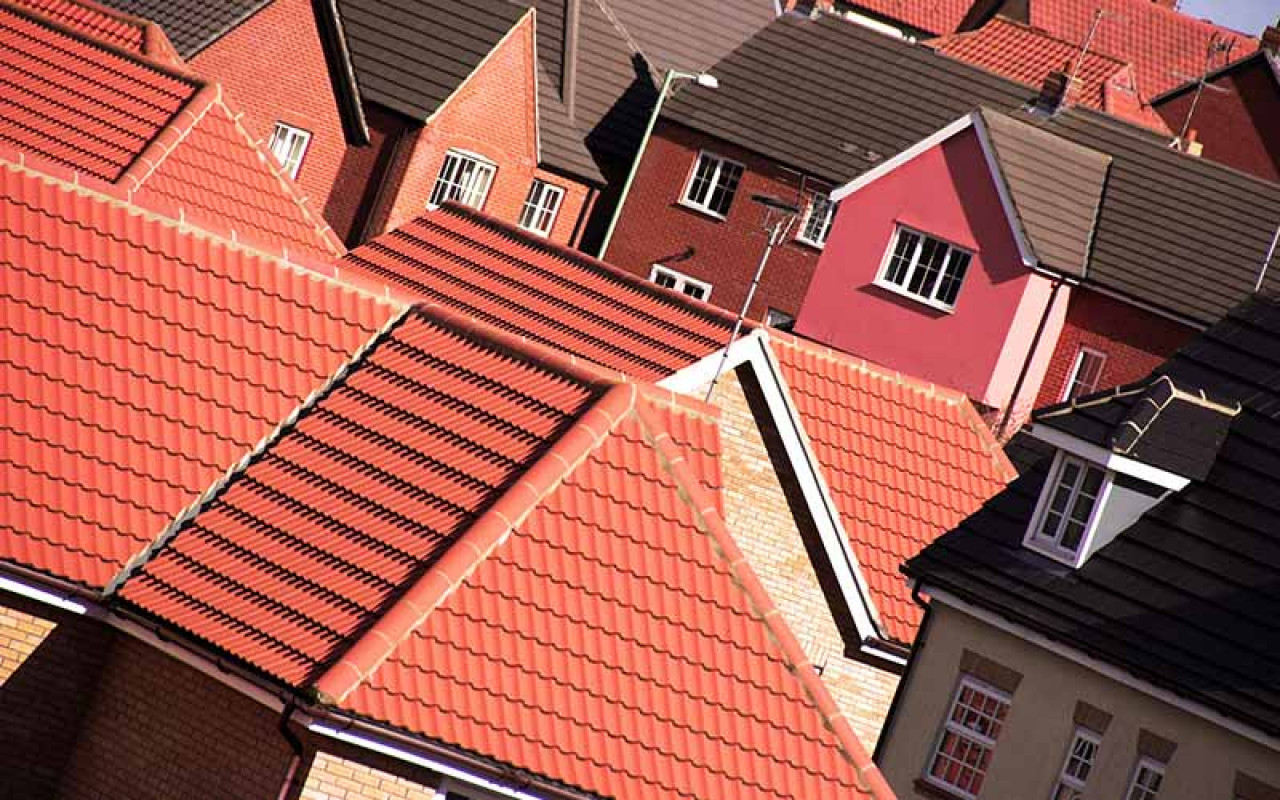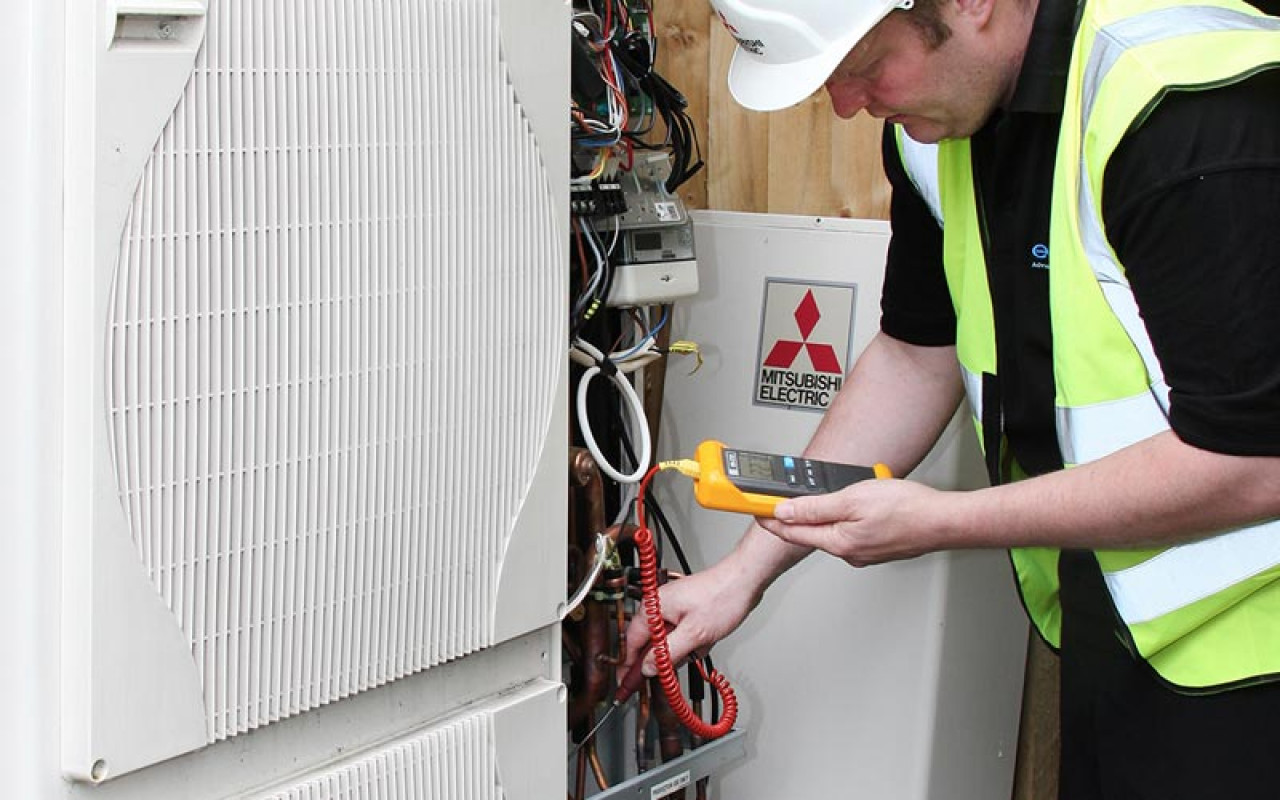Legislation affecting businesses
Significant legislation such as F-Gas and Part L & Part F of the Building Regulations are placing demands on commercial organisations to monitor and control their energy use as never before.

Significant legislation such as F-Gas and Part L & Part F of the Building Regulations are placing demands on commercial organisations to monitor and control their energy use as never before.

The rising cost of fuel and the need to reduce emissions now means we are at a significant tipping point in the way we heat our homes. Carbon intensive forms of heating, such as gas and oil are no longer viable. At the same time, the Government has recommended air source heat pumps as the most sustainable form of heating for Irish homes.
Renewable heat pumps are suitable for almost any home and can lower running costs and reduce emissions. Grants are available through the SEAI.

Changes to refrigerants under the F-Gas Regulations is driving change in air conditioning and at the same time there is pressure on the energy rating of traditional methods of heating and cooling buildings such as Chillers. Installers also need to be able to offer the most energy efficient products available.
Equipment installers need a manufacturer that is ahead of the curve and developing products that meet both current and future legislation now.

F-Gas Regulations aim to reduce emissions of fluorinated greenhouse gases and will affect the HVAC industry for years to come.
Read our CPD Guide to Working with F Gas Regulations here >>
Hybrid Variable Refrigerant Flow systems can combine the heat recovery benefits of VRF together with the functional benefits of a four-pipe fan coil system, while only using two pipes.
Read our CPD Guide on 'The Future of Air Conditioning - Hybrid Technologies' here >>
Water cooled chillers and air cooled chillers are refrigeration systems used to cool fluids in both commercial buildings and industrial facilities.
Controls offer a highly effective solution to the challenge of energy efficiency. They can provide effective automation and control of heating, ventilation, cooling, hot water and lighting systems that lead to better overall building efficiency.
Read our CPD Guide on 'The Impact of Control Strategies on Building Energy Performance' here >>
Mitsubishi Electric is a world-leading supplier of energy efficient equipment that will cool, heat, ventilate and control buildings.
We supply not only the equipment but continued support throughout the lifecycle of all products whether that is in commercial and industrial properties or homes.
Book an Ecodan Heat Pump Service
Mitsubishi Electric has a vast product range that includes VRF air conditioning and chillers. Our Product Catalogue has our complete range of current products, including technical specification, so for more information please download this.
Book an Ecodan Heat Pump Service
Or if you would like a simple overview of our product range and suitable applications, please download our Product Application infographic.
Mitsubishi Electric can offer solutions that deliver the quality and excellence you would expect from a world-leading supplier. We also offer services and support at every step of the way whether it be pre-sales design and specification, installation and maintenance support, right through to recycling.
For commercial service and maintenance support please see use the enquiry form to contact our MELSmart Technical Services team. For domestic heating service and maintenance, please download our brochure below.
Mitsubishi Electric is a world-leading supplier of energy efficient equipment that will cool, heat, ventilate and control buildings.
We supply not only the equipment but continued support throughout the lifecycle of all products whether that is in commercial and industrial properties or homes.